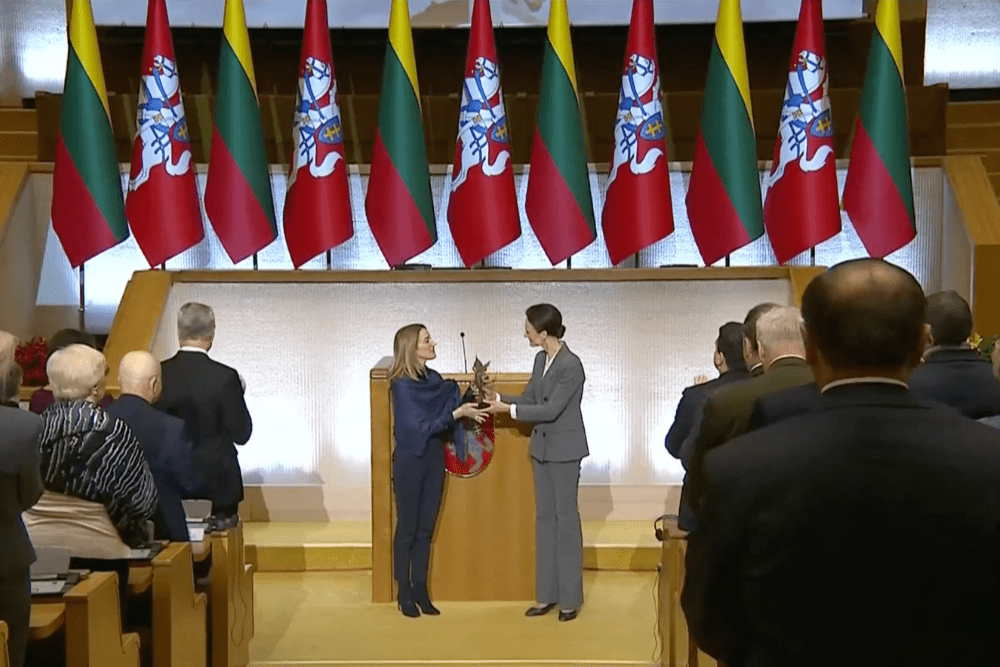The rise in tensions in the Red Sea, marked by numerous attacks on merchant shipping carried out by Yemeni rebels supported by Iran, adds a new complex dimension to regional dynamics. The Houthis say they are targeting ships linked to Israel as a sign of solidarity with Gaza, intensifying tensions.
Recent US-British strikes on military sites in the hands of the Houthis, including in Sanaa, revive fears of a regional spillover of the war in Gaza triggered by the unprecedented attack by Hamas on Israeli soil on October 7. These strikes reactivate concerns of a broader conflict, intertwining the situations in Yemen and Gaza.
The Houthis, also called Ansar Allah, are a Zaidi rebel group, a branch of Shiism, which has taken control of large areas of Yemen, including the capital Sanaa. Their ideology is anchored in a mixture of religious, political and social demands, highlighting the defense of the rights of the Zaidis and opposing Saudi influence in the region.
In response to the airstrikes, the Houthi Supreme Political Council declared that all US-UK interests are now legitimate targets for Yemeni armed forces, further highlighting the interconnectedness of conflicts in the region and raising questions about possible repercussions beyond the immediate theater of hostilities.
The complexity of the geopolitical landscape is heightened by the close links between conflicts in the Red Sea, Yemen and Gaza, creating an interconnected web of regional tensions. Rapid developments on these multiple fronts highlight the need for a sensitive approach to mitigate potential risks of destabilization in this part of the world.
In this context, the earlier war waged by the Arab Coalition in Yemen a few years ago takes on new relevance. Despite the coalition’s efforts to weaken the Houthis, the latter maintained their hold over vast territories, illustrating the resilience of their movement. This continued resistance raises questions about the capacity of the international community to sustainably influence the balance of power in a region marked by persistent conflicts.
The implications of these complex and interconnected developments extend beyond regional borders, requiring careful international coordination and diplomacy to prevent further escalation and foster stability in this geopolitically sensitive area.
Originally published at Almouwatin.com





